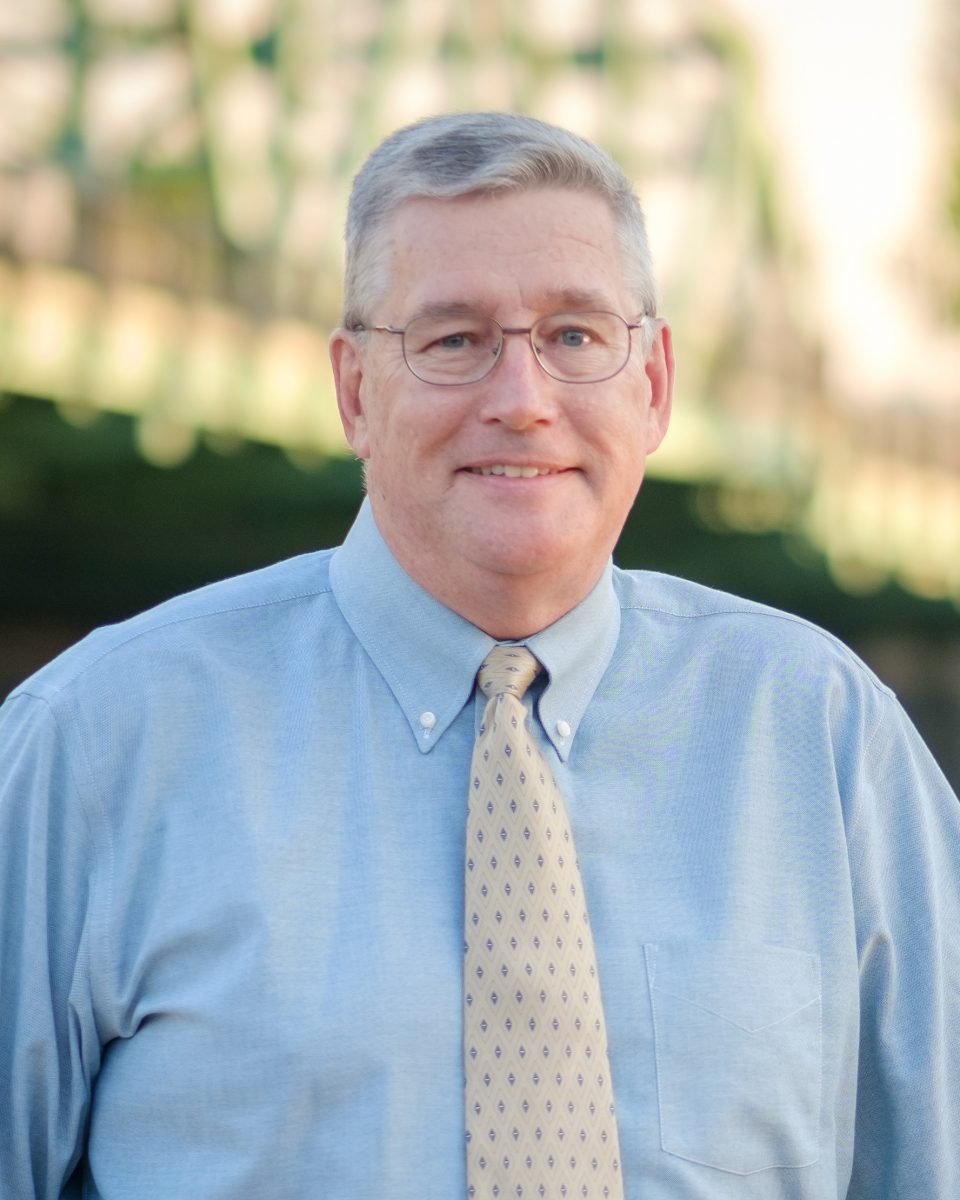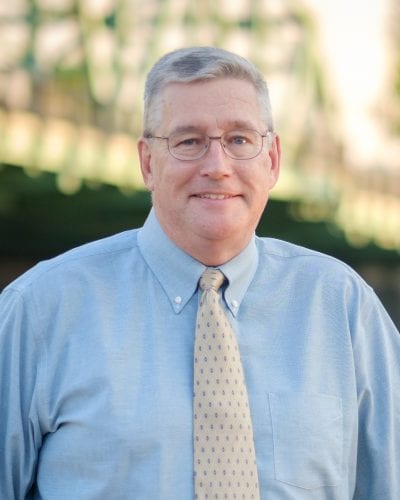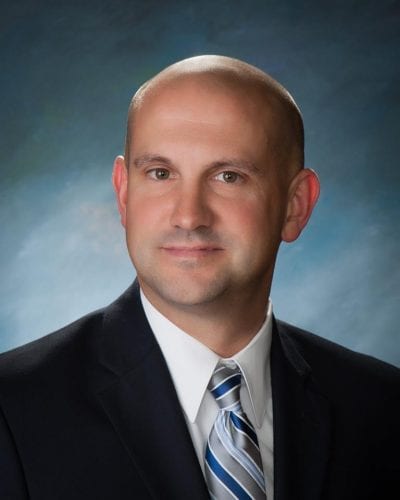WESTFIELD – At-large City Councilor Dave Flaherty is calling the Attorney General’s office finding that the Finance Subcommittee violated the Open Meeting Law at its June 18, 2019 meeting, “a win for public transparency.”
The June 18 meeting was chaired by Brent B. Bean, II, with members Dan Allie and John J. Beltrandi, III. Nine of the 10 remaining councilors attended the meeting, with Flaherty as the sole councilor who did not attend, according to the Attorney General’s findings.
In the letter dated Feb. 13 and addressed to Westfield Assistant City Solicitor Shanna Reed and copied to Flaherty, who made the original complaint, the Attorney General’s office substantiated Flaherty’s charge that there had been two violations of the Open Meeting Law at the Subcommittee meeting.
“In his complaint, Mr. Flaherty alleges that the Council violated the Open Meeting Law when a quorum of the Council deliberated at the Subcommittee’s June 18 meeting without first posting notice. Mr. Flaherty also alleges that the Subcommittee failed to create accurate minutes of its June 18 meeting,” stated the letter, which was signed by Elizabeth Carnes Flynn, assistant Attorney General.
The letter goes on to state that following their review of the complaint, the response from the city, the notice for the June 18 meeting, and the minutes and recording of the meeting; they found that the Council and Subcommittee violated the Open Meeting Law in the ways alleged.
“I just received confirmation that the AG’s office agrees 100% with me regarding my claims against the Finance Committee during the last budget cycle,” Flaherty said in an email to The Westfield News over the weekend.
The Attorney General’s letter further stated that a quorum of a public body may attend the meeting of another public body without posting notice so long as the visiting public body members listen and participate as members of the audience and do not deliberate.
“Here, although the nine additional Council members (in addition to the three on the sub-committee) sat in the audience and, for the most part, only spoke when recognized by the chair, they did not otherwise participate in the meeting as regular members of the audience would have. In fact, the Council has explained that had members of the general public sought to be recognized during the June 18 meeting, they would not have been. In contrast, the nine additional Council members were recognized, often times by the honorific title `Councilor;’ were permitted to address the department heads at length; and were allowed to direct the course of the questioning and discussion at times. Overall, notwithstanding that the Council members sat in the audience and, for the most part, waited to be recognized by the Chair before speaking, the active participation of the Council members lent an appearance and feel of a meeting of the full Council. For these reasons, we find that the Council deliberated at the June 18 meeting without first posting notice, in violation of the Open Meeting Law.”
Bean, who hadn’t been notified of the letter prior to the newspaper’s request for a comment, said he accepted the finding, although he did not agree with it.
“I am not sure why a councilor and the Commonwealth would try to stifle other councilors and residents during the subcommittee process. The process should allow councilors and residents to discuss items in subcommittee. When there is a discussion and you gather everyone’s input on the topic you get a better outcome for the City,” Bean said, adding, “It is the greatest example of transparency.”
The finding on the second complaint, concerning insufficiently detailed minutes, was also addressed in the letter.
“Here, the Subcommittee’s two-and-a-half-hour June 18 meeting is summarized in just over one page. The minutes include a short paragraph for each department presentation. Although each paragraph identifies some of the topics discussed with the department heads, and lists which Council and Subcommittee member asked questions, they do not include substantive descriptions of the discussions held or the questions asked. We find this cursory summary… falls short of the requirement that minutes contain enough detail that a member of the public who did not attend the meeting could read the minutes and understand what occurred.”
The Attorney General’s office ordered immediate and future compliance with the Open Meeting Law, and further ordered that the Subcommittee amend the June 18 minutes in accordance with the guidance given.
Under the section in the OML complaint form which asks the complainant what action the complainant wished the public body to take in response, Flaherty stated that the purpose of the complaint was to provide clarity for all involved, and to create adequate procedures to avoid future problems.
In his email this week, Flaherty said now that the Attorney General’s office has determined that there was a violation, he would like to see several changes be put into effect by the City Council going forward.
He said subcommittees should “do their thing without the full City Council participating,” then come back to the full City Council and report their status or make recommendations. Following which, he said, the full City Council, in a public meeting, deliberates and makes motions which are then processed by the full City Council following the Rules of Council, City Charter, Ordinances, and State Law.
Flaherty also said he would like to see the minutes of all meetings recorded by part-time employees or contractors of the City Clerk’s Office. Currently, only certain commissions, such as the City Council, the Planning Board, Conservation Commission, and Community Preservation Commission, have city employees who record minutes.
“This will ensure compliance with the law and consistency in the minutes. It will also allow the members of the subcommittee to spend their time on the issues – not recording the play-by-play that goes on during a meeting,” he said.
Flaherty said he believes that all meetings should be recorded and available to the public on the city’s streaming archive service, which is not currently a requirement of the Open Meeting Law.
“With today’s technology there is no reason this is not being done,” Flaherty said.
“All the Cities in the Commonwealth I am sure would welcome reasonable guidelines from the AG’s office on taking minutes for our public meetings. It’s unfortunate they keep moving the line on the matter with no direction,” said Bean, adding, “I welcome scribes at all subcommittees and having all subcommittees videotaped. I am concerned about the cost when it comes to the scribes, but the videotaping should be inexpensive.”










